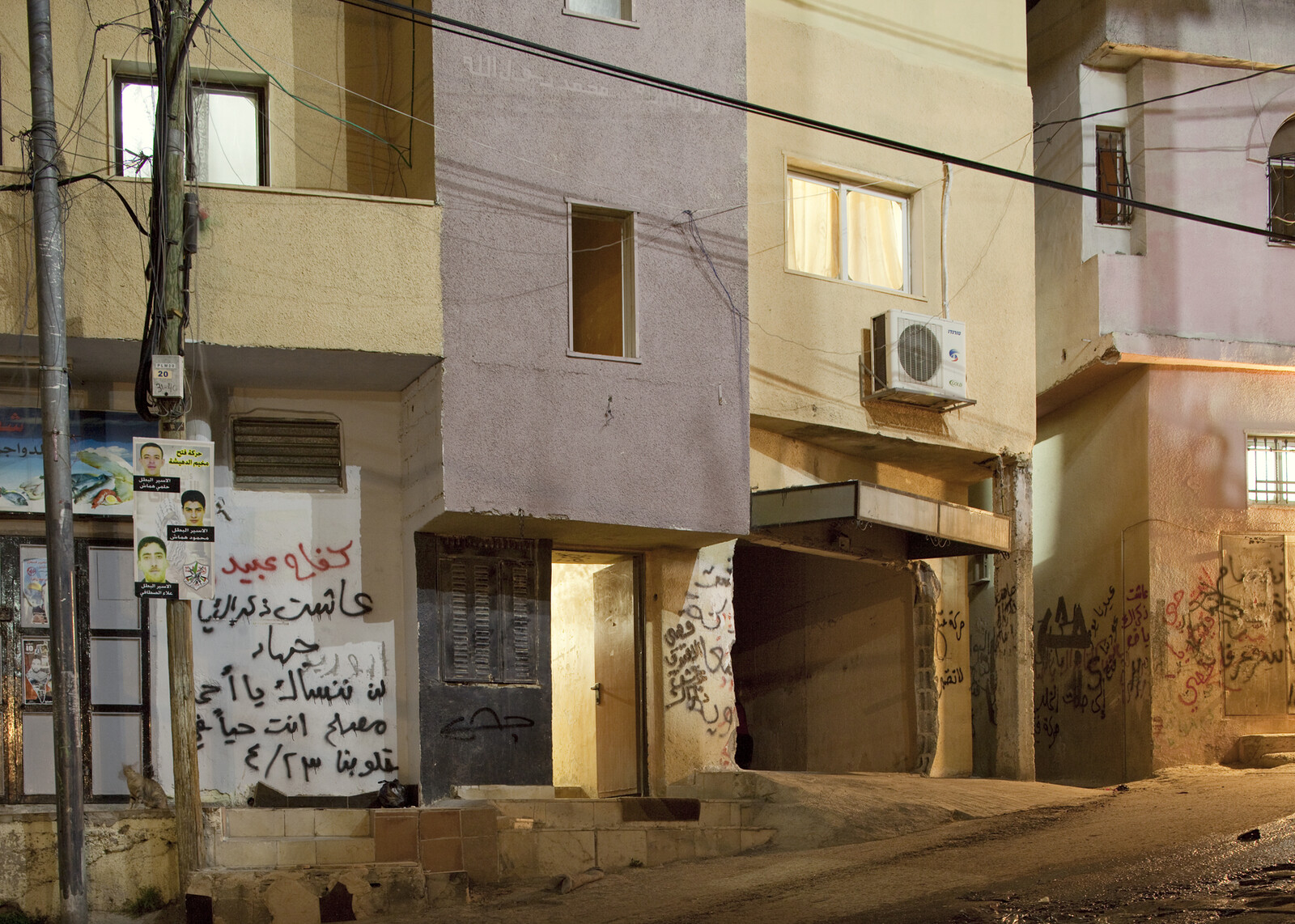February 24, 2017, 7pm
311 East Broadway
New York, NY 10002
USA
Refugee camps are considered—by definition—to be temporary spaces. They are designed to be dismantled, abandoned. Their conflict for being meant to be quickly resolved. Yet there are some Palestinian refugee camps that are now almost seventy years old; the conflict, seemingly permanent. What is the type of history cultivated within Palestinian refugee camps? Could their historical presence mean there is value in their preservation? Instead of being perceived as a threat, can this history be mobilized for the right of return? How do concepts of heritage and conservation change by being applied to refugee camps? Within the context of Refugee Heritage, a new e-flux architecture project by Alessandro Petti, this panel seeks to address the potential for practices and institutions of conservation to be understood as a force capable of mobilizing the political constitution of built space.
With Suad Amiry, Thomas Keenan, Jorge Otero-Pailos, and Alessandro Petti and Sandi Hilal; moderated by Nikolaus Hirsch.
Suad Amiry is a Palestinian architect and writer, and the founder of RIWAQ: Center of Architectural Conservation in Ramallah, Palestine.
Thomas Keenan is Director of the Human Rights Project and Associate Professor of Comparative Literature, Literature, Human Rights Program at Bard College.
Jorge Otero-Pailos works at the intersection of art, architecture, and preservation. He is Director and Professor of Historic Preservation at Columbia University’s Graduate School of Architecture in New York.
Sandi Hilal and Alessandro Petti are architects, artists, and educators whose work combines critical and rigorous theoretical research with an architectural, artistic, and pedagogical practice engaged in the struggle for justice and equality.
For more information, contact program@e-flux.com.
